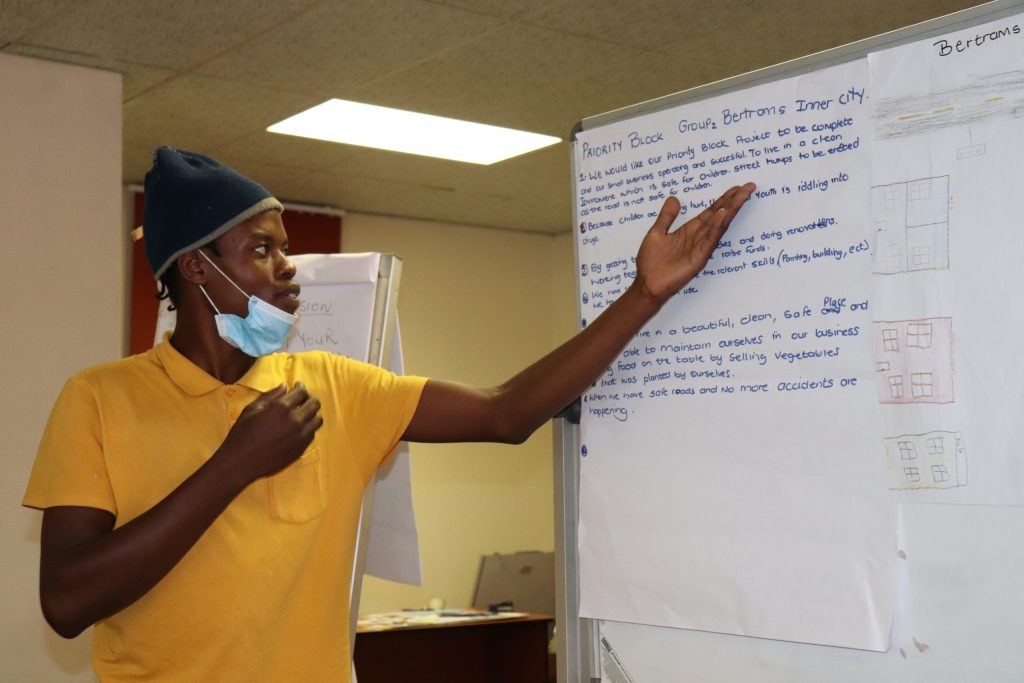Planact works with elected community structures to assist with capacity development for community leaders, ward committees, and councillors on participatory governance. Some of the long-standing community-based organisations such as the Thembelihle Crisis Committee are beneficiaries of this project.
Planact has also worked with community leadership on Cosmo City, Diepsloot, Tsakane, Skoonplaas among many other communities in the recent years.
